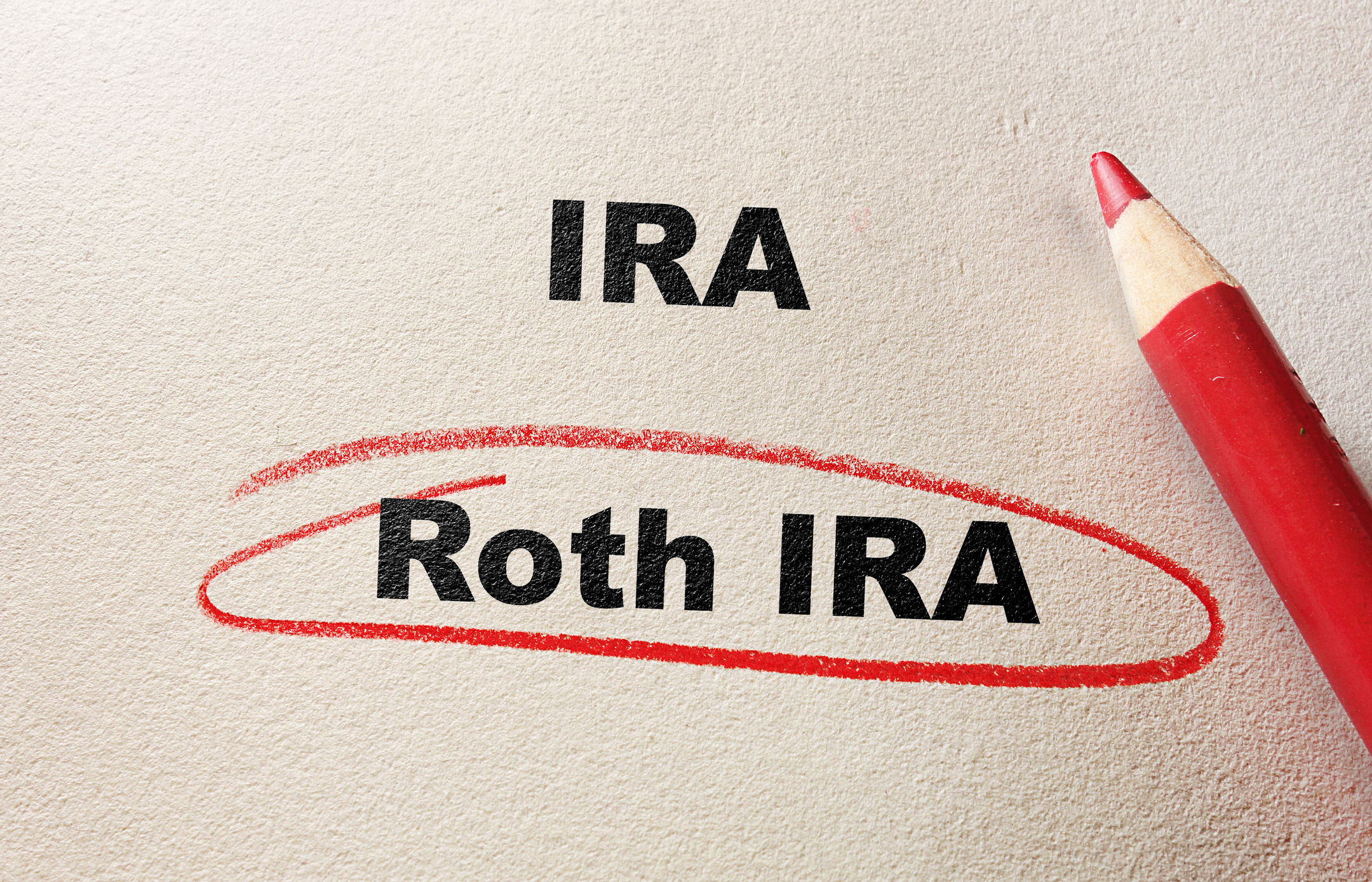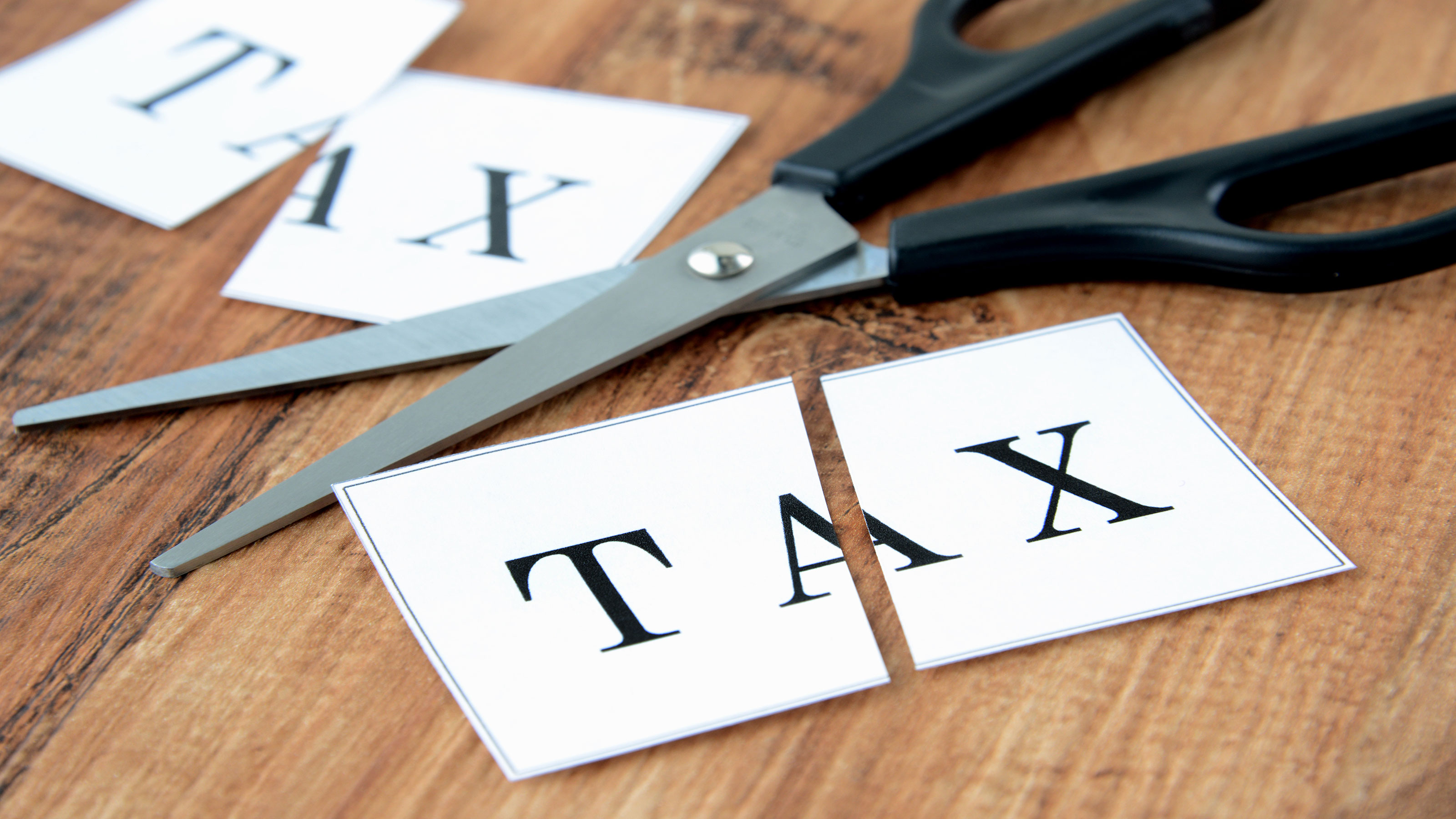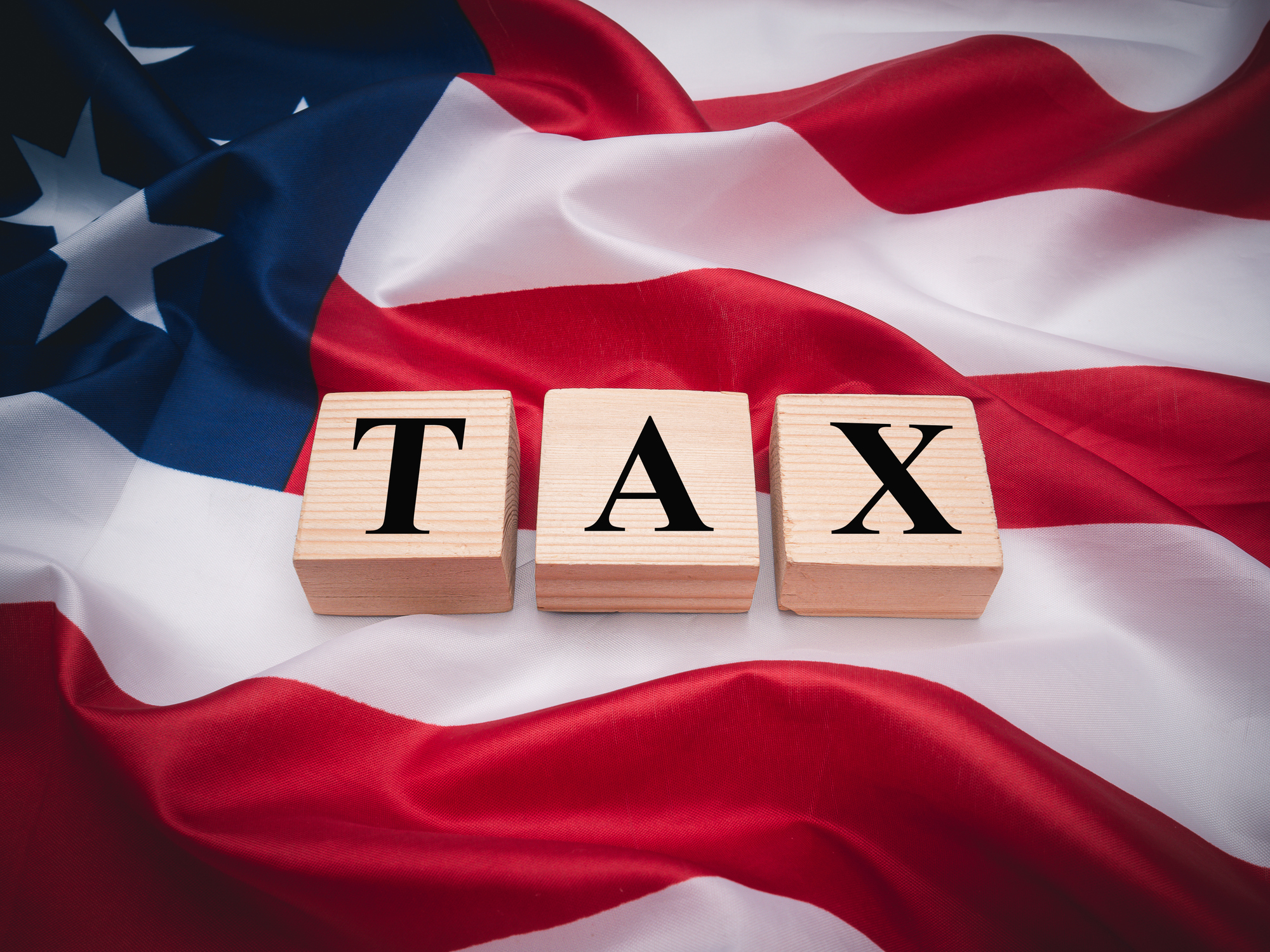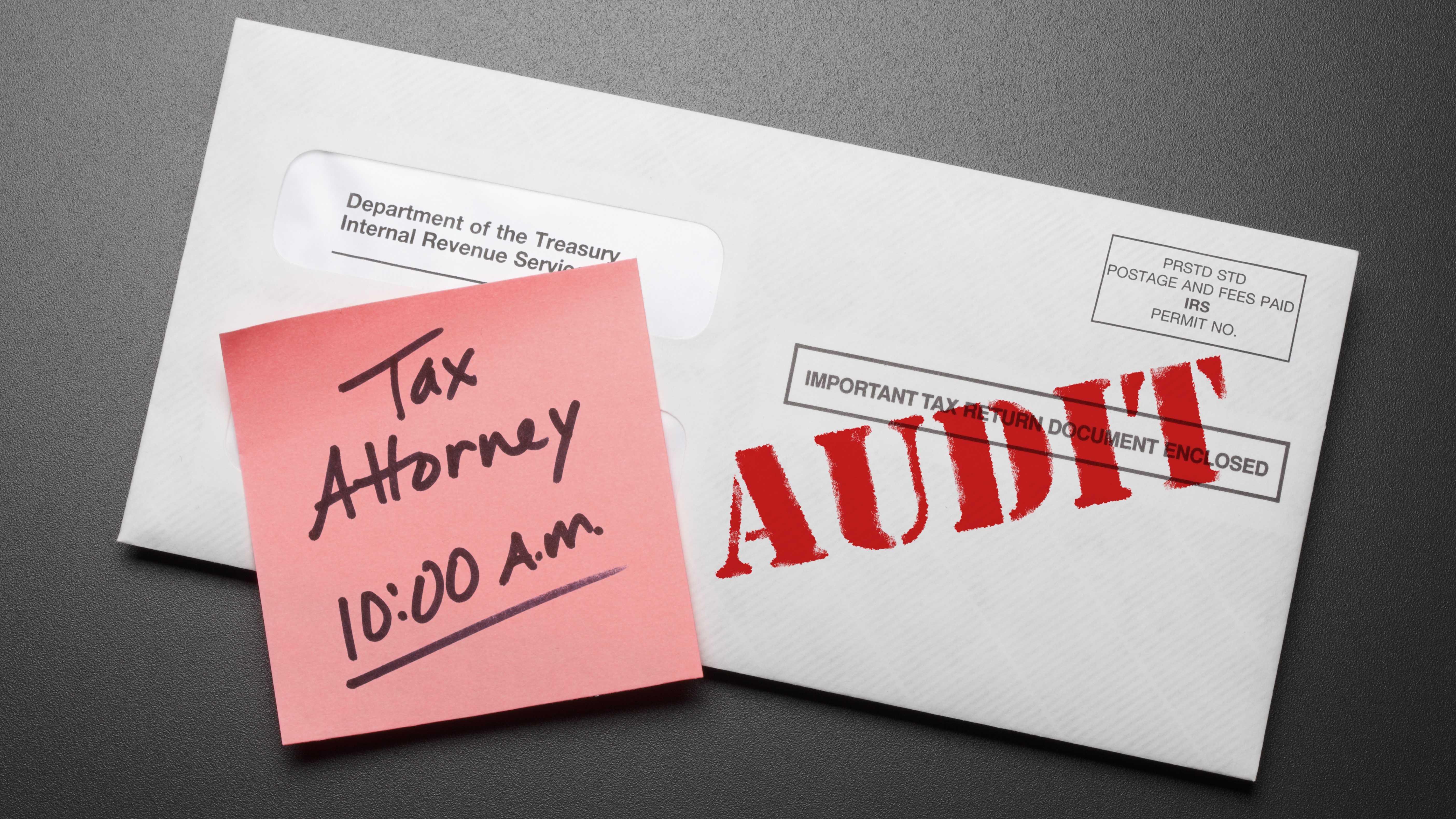Is Tax Relief for Marijuana Businesses Coming?: Kiplinger Tax Letter
Marijuana businesses get tax relief in some states to help with their thorny income tax issues.

Profit and prosper with the best of Kiplinger's advice on investing, taxes, retirement, personal finance and much more. Delivered daily. Enter your email in the box and click Sign Me Up.
You are now subscribed
Your newsletter sign-up was successful
Want to add more newsletters?

Delivered daily
Kiplinger Today
Profit and prosper with the best of Kiplinger's advice on investing, taxes, retirement, personal finance and much more delivered daily. Smart money moves start here.

Sent five days a week
Kiplinger A Step Ahead
Get practical help to make better financial decisions in your everyday life, from spending to savings on top deals.

Delivered daily
Kiplinger Closing Bell
Get today's biggest financial and investing headlines delivered to your inbox every day the U.S. stock market is open.

Sent twice a week
Kiplinger Adviser Intel
Financial pros across the country share best practices and fresh tactics to preserve and grow your wealth.

Delivered weekly
Kiplinger Tax Tips
Trim your federal and state tax bills with practical tax-planning and tax-cutting strategies.

Sent twice a week
Kiplinger Retirement Tips
Your twice-a-week guide to planning and enjoying a financially secure and richly rewarding retirement

Sent bimonthly.
Kiplinger Adviser Angle
Insights for advisers, wealth managers and other financial professionals.

Sent twice a week
Kiplinger Investing Weekly
Your twice-a-week roundup of promising stocks, funds, companies and industries you should consider, ones you should avoid, and why.

Sent weekly for six weeks
Kiplinger Invest for Retirement
Your step-by-step six-part series on how to invest for retirement, from devising a successful strategy to exactly which investments to choose.
Getting the right tax advice and tips is vital in the complex tax world we live in. The Kiplinger Tax Letter helps you stay right on the money with the latest news and forecasts, with insight from our highly experienced team (Get a free issue of The Kiplinger Tax Letter or subscribe). You can only get the full array of advice by subscribing to the Tax Letter, but we will regularly feature snippets from it online, and here is one of those samples…
Businesses that sell marijuana have a heavy federal income tax burden. They are taxed on their income but can’t write off most of their business expenses. Section 280E of the federal tax code bars marijuana firms from claiming business expenses on their federal tax return other than for their cost of goods sold. It doesn’t matter that the use and sale of marijuana are legal under the laws of the state where the business is located. Twenty-three states and the District of Columbia, have legalized marijuana for recreational use, and about forty states permit the drug for medical use.
Legal marijuana businesses are an enforcement priority of the IRS. Agents are eyeing marijuana dispensaries that deduct expenses and are disallowing the deductions, and courts generally side with the IRS on this.
From just $107.88 $24.99 for Kiplinger Personal Finance
Become a smarter, better informed investor. Subscribe from just $107.88 $24.99, plus get up to 4 Special Issues

Sign up for Kiplinger’s Free Newsletters
Profit and prosper with the best of expert advice on investing, taxes, retirement, personal finance and more - straight to your e-mail.
Profit and prosper with the best of expert advice - straight to your e-mail.
Federal tax relief for marijuana businesses
Lobbyists for the marijuana industry have urged Congress to legalize marijuana for federal purposes or to let marijuana firms located in states where the drug is legal take deductions on federal returns. Their efforts have so far gone nowhere, and the odds of getting relief from Congress over the next couple of years are slim.
The marijuana industry is hoping for some help from President Biden’s administration. Under the Controlled Substances Act, drugs are sorted into five schedules based on their medical use and their abuse or dependency potential.
Currently, marijuana is a Schedule 1 drug, the highest level. Last year, the president asked for a review on whether to reclassify marijuana to a lower schedule or take it off the list altogether. Here is the main federal income tax implication.
Section 280E actually prohibits businesses that traffic in Schedule 1 or Schedule 2 drugs that are illegal under federal law from claiming business expenses on their federal income tax returns. If marijuana is reclassified as a Schedule 2 drug, then legal marijuana firms won’t get federal tax relief. But if it is downgraded to a Schedule 3, 4, or 5 drug, or taken off the list, then legal marijuana sellers could deduct business expenses.
State tax relief for marijuana businesses
A growing number of states are enacting their own tax relief. They’re bucking the federal laws and decoupling from federal tax code Section 280E, meaning that legal marijuana firms located in these states can deduct expenses for state tax purposes, even if they can’t do so on their federal income tax returns.
Around 13 states, including California, Colorado, Connecticut, Illinois, Massachusetts, Michigan, Minnesota, New Jersey, New York and Oregon, have such a law on their books. Look for more states to follow suit.
This first appeared in The Kiplinger Tax Letter. It helps you navigate the complex world of tax by keeping you up-to-date on new and pending changes in tax laws, providing tips to lower your business and personal taxes, and forecasting what the White House and Congress might do with taxes. Get a free issue of The Kiplinger Tax Letter or subscribe.
Related Content
Profit and prosper with the best of Kiplinger's advice on investing, taxes, retirement, personal finance and much more. Delivered daily. Enter your email in the box and click Sign Me Up.

Joy is an experienced CPA and tax attorney with an L.L.M. in Taxation from New York University School of Law. After many years working for big law and accounting firms, Joy saw the light and now puts her education, legal experience and in-depth knowledge of federal tax law to use writing for Kiplinger. She writes and edits The Kiplinger Tax Letter and contributes federal tax and retirement stories to kiplinger.com and Kiplinger’s Retirement Report. Her articles have been picked up by the Washington Post and other media outlets. Joy has also appeared as a tax expert in newspapers, on television and on radio discussing federal tax developments.
-
 5 Vince Lombardi Quotes Retirees Should Live By
5 Vince Lombardi Quotes Retirees Should Live ByThe iconic football coach's philosophy can help retirees win at the game of life.
-
 The $200,000 Olympic 'Pension' is a Retirement Game-Changer for Team USA
The $200,000 Olympic 'Pension' is a Retirement Game-Changer for Team USAThe donation by financier Ross Stevens is meant to be a "retirement program" for Team USA Olympic and Paralympic athletes.
-
 10 Cheapest Places to Live in Colorado
10 Cheapest Places to Live in ColoradoProperty Tax Looking for a cozy cabin near the slopes? These Colorado counties combine reasonable house prices with the state's lowest property tax bills.
-
 Tax Rule Change Could See Millions Lose Health Insurance
Tax Rule Change Could See Millions Lose Health InsuranceThe Kiplinger Tax Letter If current rules for the health premium tax credit (PTC), a popular Obamacare subsidy, aren't extended, 3.7 million people could lose their health insurance.
-
 The IRS is in Chaos
The IRS is in ChaosThe Tax Letter DOGE, departures, data agreements and more are creating havoc at the IRS.
-
 Should You Do A Roth IRA Conversion? Nine Things to Consider
Should You Do A Roth IRA Conversion? Nine Things to ConsiderThe Tax Letter Thinking of converting a traditional IRA to a Roth IRA? The Kiplinger Tax Letter Editor highlights nine factors you should consider before making a move.
-
 Expiring Business Tax Breaks And Trump's Tax Plan
Expiring Business Tax Breaks And Trump's Tax PlanThe Tax Letter Four important business tax breaks are likely to be a part of President Trump's tax plan. We'll break them down for you.
-
 AMT and Pass-Throughs Add Complex Layers to 2025 SALT Tax Planning
AMT and Pass-Throughs Add Complex Layers to 2025 SALT Tax PlanningThe Tax Letter The state and local tax (SALT) deduction is a key sticking point in President Trump's tax plan.
-
 Popular Tax Breaks Are in Danger
Popular Tax Breaks Are in DangerThe Tax Letter A number of tax breaks, including the home mortgage interest deduction, are in peril as lawmakers hunt for revenues to pay for the President's tax plan.
-
 Six Hurdles for Trump's Tax Bill
Six Hurdles for Trump's Tax BillThe Tax Letter While the odds for a new tax bill in 2025 are quite good, there are some sticking points that President Trump and Congress will have to work through.
-
 The IRS is Pursuing Partnerships and Their Owners
The IRS is Pursuing Partnerships and Their OwnersThe Tax Letter The IRS has many enforcement priorities, and partnership tax noncompliance is near the top of that list.